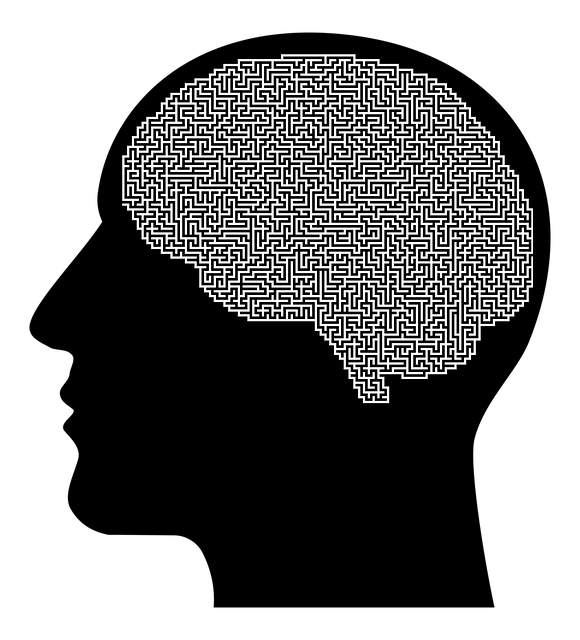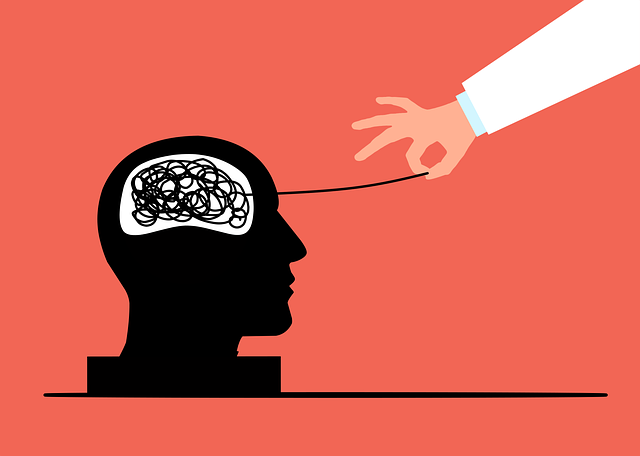Broomfield EMDR Therapy offers a revolutionary approach to trauma support, utilizing Eye Movement Desensitization and Reprocessing (EMDR) techniques to help individuals process traumatic memories effectively. This method reduces memory intensity, builds inner strength, and provides anxiety relief, leading to improved emotional regulation and mental well-being. Accessing such specialized therapy is crucial for trauma recovery, with effective mental health policy advocacy ensuring better funding, availability, and integration within primary healthcare systems. A holistic network of care, including Broomfield EMDR Therapy, specialized treatments, mood management tools, and support groups, promotes comprehensive emotional healing and long-term mental wellness for trauma survivors.
Trauma can have profound, lasting effects on individuals’ mental and physical well-being. Understanding trauma and its impact is crucial in developing effective support services. This article explores various aspects of trauma care, including the transformative power of Broomfield EMDR Therapy, a cutting-edge approach that aids in processing traumatic memories. We delve into strategies for improving access to support services and emphasize the importance of building comprehensive care networks. By examining these key components, we aim to enhance recovery journeys and offer hope through innovative treatments like Broomfield EMDR Therapy.
- Understanding Trauma and Its Impact
- Broomfield EMDR Therapy: An Innovative Approach
- Accessing Support Services for Better Recovery
- Creating a Comprehensive Network of Care
Understanding Trauma and Its Impact

Trauma is a complex psychological response that can arise from experiencing or witnessing a deeply distressing event. It impacts individuals both physically and emotionally, often leading to long-lasting symptoms such as flashbacks, nightmares, and severe anxiety. Understanding trauma involves recognizing its multifaceted nature and the varying ways it manifests in those affected. This includes acknowledging the body’s natural reaction to danger, known as the fight-or-flight response, which can become chronically activated in traumatic situations.
Broomfield EMDR Therapy is a recognized approach that utilizes eye movement desensitization and reprocessing techniques to help individuals process and overcome traumatic memories. By encouraging clients to focus on distressing images while simultaneously engaging in bilateral stimulation—such as side-to-side eye movements or tactile cues—EMDR facilitates the brain’s natural healing process. This therapy not only assists in reducing the intensity of traumatic memories but also supports individuals in developing effective coping strategies, enhancing their mental wellness, and boosting confidence in managing their emotional responses, including mood regulation.
Broomfield EMDR Therapy: An Innovative Approach

Broomfield EMDR Therapy offers a cutting-edge approach to trauma support, transforming lives with its effectiveness and efficiency. This innovative method leverages Eye Movement Desensitization and Reprocessing (EMDR) techniques, enabling individuals to process traumatic memories and gain insights that foster self-awareness exercises. By engaging in Broomfield EMDR therapy, clients develop inner strength and build resilience against anxiety relief, marking a significant departure from traditional therapeutic practices.
Through this specialized treatment, individuals can experience profound changes as they learn to manage and overcome the impact of trauma. The process encourages clients to explore their emotions, memories, and thoughts in a safe and structured environment, ultimately leading to personal growth and improved mental well-being. Broomfield EMDR Therapy is renowned for its ability to enhance self-Awareness Exercises, allowing individuals to better understand themselves and develop strategies for long-term inner Strength Development.
Accessing Support Services for Better Recovery

Accessing support services plays a pivotal role in an individual’s journey towards recovery from trauma. Broomfield EMDR Therapy, for instance, is a well-recognized and effective approach that helps individuals process traumatic memories and reduce their impact. This therapy involves desensitizing the mind to distressing memories while re-processing them, allowing for better emotional regulation and reduced symptoms of post-traumatic stress disorder (PTSD).
A comprehensive mental health policy analysis and advocacy is crucial in ensuring that individuals have easy access to such life-changing services. Effective advocacy can lead to increased funding, improved availability, and better integration of trauma support within primary healthcare systems. By prioritizing mental health initiatives, including stress management and mood management techniques, societies can foster a more supportive environment for those affected by trauma, ultimately enhancing their path to recovery.
Creating a Comprehensive Network of Care

Creating a comprehensive network of care is essential for effective trauma support services. This involves integrating various therapeutic approaches and resources to provide holistic assistance to individuals affected by traumatic experiences. For instance, Broomfield EMDR Therapy offers specialized treatment through eye movement desensitization and reprocessing, aiding in the healing process by helping clients process and resolve distressing memories. Complementary services such as mood management strategies, mental wellness journaling exercises, and conflict resolution techniques can further enhance the care provided.
A well-coordinated network ensures that every aspect of an individual’s recovery is addressed. Mental health professionals, support groups, and community resources work together to offer a multi-faceted approach. By combining evidence-based therapies with practical coping mechanisms, this integrated system promotes not only the healing of emotional wounds but also fosters long-term mental wellness. Such a network enables individuals to navigate their trauma journey with increased resilience and support, ultimately improving their overall quality of life.
In conclusion, addressing trauma effectively requires a multifaceted approach, from understanding its profound impact to creating robust networks of care. As highlighted, Broomfield EMDR Therapy offers an innovative and promising method for healing. By combining these advanced techniques with accessible support services, individuals can navigate their recovery journeys with enhanced resilience and improved quality of life. Building comprehensive care systems that integrate various therapeutic methods is key to ensuring effective trauma support.














